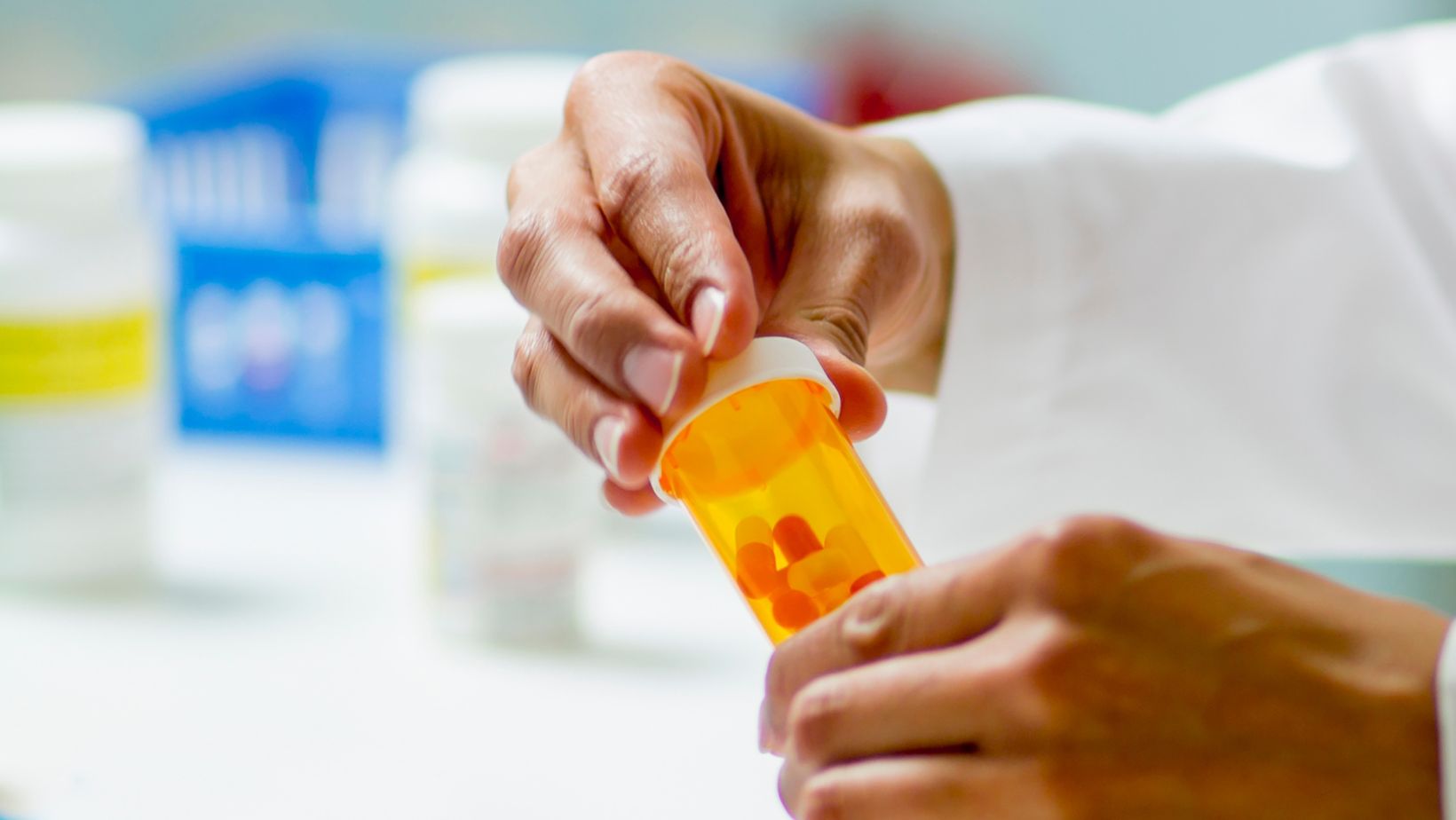
In an era where technology reshapes industries at lightning speed, the pharmaceutical sector stands on the brink of a transformative evolution. Pharma tech trends are not just buzzwords; they’re revolutionizing how medications are developed, tested, and delivered. With advancements like artificial intelligence, blockchain, and personalized medicine, the industry is poised for groundbreaking changes that promise to enhance patient care and streamline processes.
As digital health solutions gain traction, pharmaceutical companies are leveraging technology to improve efficiency and accuracy. From AI-driven drug discovery to blockchain ensuring transparent supply chains, these innovations are paving the way for a future where healthcare is more accessible and effective. The integration of cutting-edge technologies not only accelerates drug development but also opens new avenues for treatment and diagnosis.
These trends highlight the industry’s commitment to innovation, aiming to address challenges and meet the evolving needs of patients worldwide. As pharma tech continues to advance, its impact will be felt across the globe.
Pharma Tech Trends
 Advancements in pharmaceutical technology are transforming the industry. Artificial intelligence (AI), blockchain, and personalized medicine are key trends reshaping how medications are developed and delivered. These technologies streamline operations and improve outcomes across various stages, from research to patient care.
Advancements in pharmaceutical technology are transforming the industry. Artificial intelligence (AI), blockchain, and personalized medicine are key trends reshaping how medications are developed and delivered. These technologies streamline operations and improve outcomes across various stages, from research to patient care.
AI enhances drug discovery and development. Machine learning algorithms analyze vast datasets to identify potential drug candidates faster than traditional methods. AI also plays a crucial role in predictive analytics, helping in precision medicine by personalizing treatments based on patient data.
Blockchain ensures transparency and security in pharmaceutical supply chains. It enables real-time tracking of drugs, reducing the risk of counterfeiting. Smart contracts automate Transactional processes, improving efficiency and trust among stakeholders.
Personalized medicine leverages genetic information to tailor treatments. By understanding individual genetic profiles, doctors provide more effective and targeted therapies, improving patient outcomes and minimizing adverse effects.
Digital health solutions integrate technology into patient care. Telemedicine, mobile health applications, and wearables facilitate remote monitoring and management of health conditions. These solutions enhance accessibility and promote proactive healthcare engagement.
Artificial Intelligence In Drug Development
AI accelerates drug development by optimizing processes for faster and more precise outcomes. It reduces costs and time to market for new therapies.
Enhancing Drug Discovery
 AI revolutionizes drug discovery with advanced algorithms analyzing vast chemical and biological data. It identifies promising compounds in hours that traditional methods find in months. Examples include BenevolentAI and Atomwise, which improve drug candidate identification, resulting in efficiency and effectiveness.
AI revolutionizes drug discovery with advanced algorithms analyzing vast chemical and biological data. It identifies promising compounds in hours that traditional methods find in months. Examples include BenevolentAI and Atomwise, which improve drug candidate identification, resulting in efficiency and effectiveness.
Predictive analytics in AI helps forecast drug efficacy and safety, minimizing trial-and-error approaches. Machine learning models process historical clinical data to predict patient responses. Companies like Insilico Medicine use these technologies to anticipate outcomes, potentially reducing late-stage trial failures.
Blockchain For Secure Data Management
 Blockchain technology is transforming data management in the pharmaceutical industry by offering secure and transparent solutions. The adoption of blockchain enhances data integrity and streamlines operations.
Blockchain technology is transforming data management in the pharmaceutical industry by offering secure and transparent solutions. The adoption of blockchain enhances data integrity and streamlines operations.
The pharmaceutical supply chain benefits from blockchain’s traceability. It tracks drug provenance, ensuring authenticity and reducing counterfeiting. Real-time tracking improves transparency, enabling faster recalls if necessary. As highlighted by the International Data Corporation, the use of blockchain can cut supply chain costs by approximately 30% by optimizing processes. Pharmaceutical companies leverage this technology to build trust and improve operational efficiency.
The Role Of IoT In Pharma
IoT is reshaping the pharmaceutical industry by enhancing operational processes and improving patient outcomes. Connected devices and real-time data collection optimize each phase of pharmaceutical manufacturing and delivery.
Smart Medical Devices
Smart medical devices, integral to IoT, enable personalized healthcare. These devices, such as connected inhalers and insulin pens, track patient usage patterns and provide real-time data to healthcare providers. Philips and Medtronic, for instance, utilize IoT-enabled devices to deliver insights that inform treatment adjustments, resulting in better adherence and improved health management. Such innovations reduce the need for frequent in-person consultations and support remote patient monitoring.
Real-Time Monitoring
IoT enhances real-time monitoring across the pharmaceutical ecosystem, from drug production to patient feedback. In manufacturing, IoT sensors track environmental conditions, ensuring drugs are produced under optimal circumstances. Real-time analytics allow for swift adaptations if deviations occur, maintaining quality and compliance. For patient care, wearables and sensors continuously monitor vital signs, alerting providers to potential issues before they escalate.


